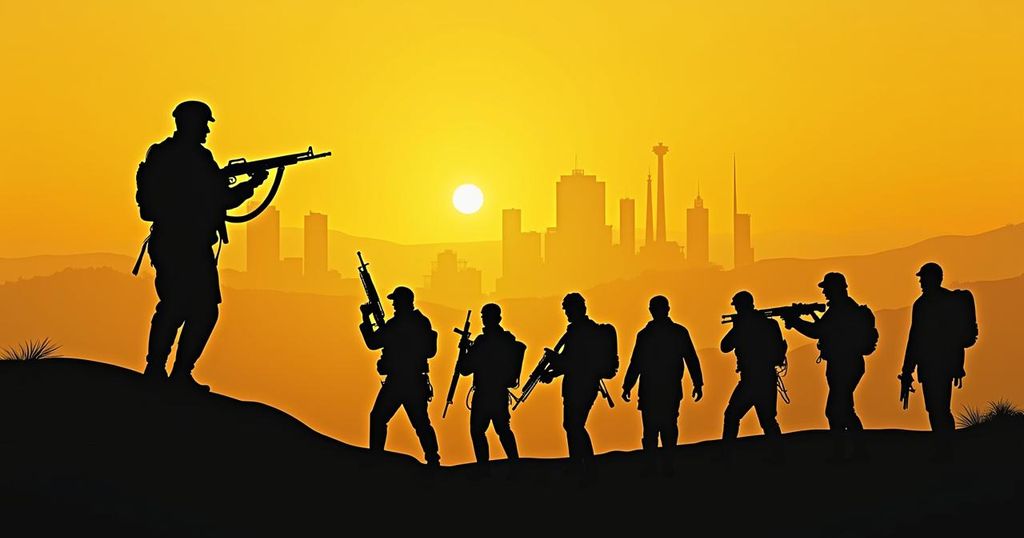Israel’s military actions in Lebanon pose a serious threat to Hezbollah, triggering Iranian efforts to support its proxy. Iran’s Foreign Minister visits Lebanon, promising support amid growing local resentment towards Iranian involvement, with citizens expressing their discontent over the situation in their country.
In recent weeks, Israel has begun to alter the dynamics within Lebanon, placing significant pressure on Hezbollah, Iran’s key proxy force in the region, which now finds itself in a precarious situation as the Israeli Defense Forces (IDF) systematically eliminate its leaders. Confronted with this challenge, Iran is poised to engage in efforts to sustain Hezbollah; however, there exists an increasing sentiment among regional powers to explore a future in Lebanon devoid of the influence of Hezbollah. Iranian Foreign Minister Abbas Araghchi undertook a diplomatic mission by visiting Beirut on Friday and then Damascus on Saturday, where he delivered a rather sobering message to the Lebanese populace. “We will stand with Lebanon,” Mr. Araghchi declared, a statement that appeared to provoke widespread criticism across social media platforms. Numerous individuals expressed their displeasure, with one commenter on social media lamenting, “Iran is sleeping quietly and Lebanon is paying the price.” Another user expressed his frustration by stating, “You have robbed the country and now you are coming to stand with us,” while another declared, “Lebanon’s destruction is on you.” These sentiments underscore the growing resentment within Lebanon towards Iranian involvement and the impact it has had on the nation’s welfare.
The geopolitical landscape in Lebanon has been significantly affected by the actions of the Israeli Defense Forces against Hezbollah, exacerbated by the increasing pressures that the Iranian regime and its affiliates are facing. Hezbollah, considered by Iran to be a critical asset in its regional strategy, is now under existential threat, prompting discussions among various Middle Eastern powers regarding the possibility of a future without this Iranian proxy. Iranian officials, while vowing continued support for Hezbollah, are met with skepticism and criticism from Lebanese citizens who feel abandoned amid these crises.
In conclusion, the shifting dynamics in Lebanon illustrate a crucial moment for both Hezbollah and Iranian influence in the region. The Israeli military’s actions against Hezbollah leadership have compelled Iran to reassess its stance while provoking a wave of discontent among Lebanese citizens regarding Iran’s past interference in their affairs. The future of Hezbollah, and by extension, Iran’s leveraged position in Lebanon, hangs in the balance as regional powers contemplate their post-Hezbollah strategies.
Original Source: www.haaretz.com






